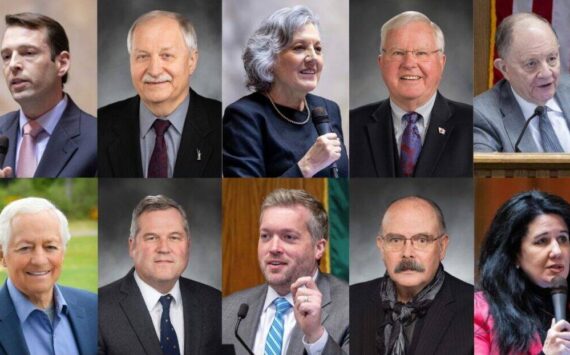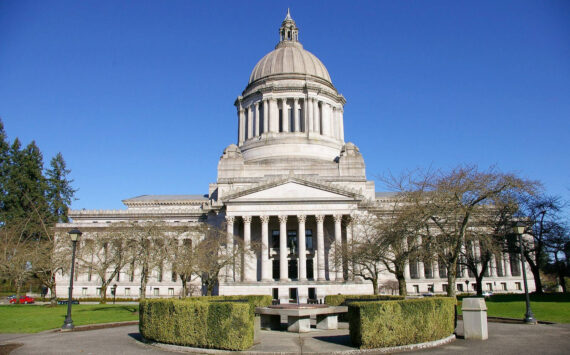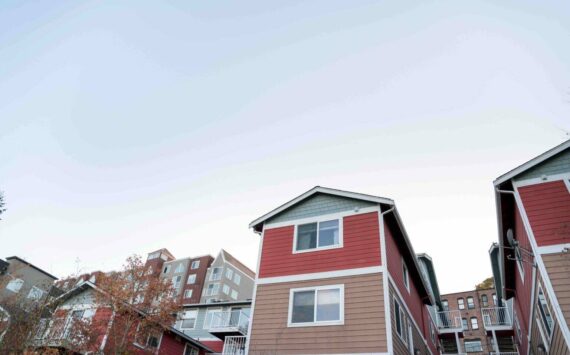By Morf Morford
Tacoma Daily Index
“It’s complicated” applies to which aspect of America today;
A. The economy
B. Local politics
C. National politics
D. Racial dynamics
E. The latest iPhone
F. All of the above
As we come to the closing weeks of 2020, it could not be more obvious that this year has upended our assumptions, if not beliefs, in just about every aspect of daily life.
More people are voting – maybe even voting differently – than ever before. The stresses on the economy are shuttering businesses that most of us never would have thought vulnerable, from live music venues to gyms and even those non-profits like museums or performance venues.
To put it mildly, this economic whirlwind is nothing like we have seen before.
Real estate, especially in Pierce County is booming – and it’s not a bubble. Or at least not a normal bubble.
For a variety of reasons people are moving here – largely from California, but also from literally anywhere else in – or even out of – the country.
In other words, these are buyers with the means, bidding up prices and often buying (or renting) sight unseen.
These properties are not primarily investments – though they presumably are to some degree. These properties are owned and inhabited, and often fully paid for.
Forest fires in California are the main driver for the mass migrations from that area. Other weather related crises across the country also contribute to our recent population growth.
The economy – either better here, or maybe just not as bad as back home, also leads people here.
In case you didn’t notice, we had a housing crisis before this year. It is far worse and more intense now.
Our local economy, though hobbled, looks far better, and far more poised for recovery than most other areas.
Hiring, in some areas, is booming. In other areas hiring has stalled if not evaporated forever.
In previous recessions we could escape to the movies or, if needed, could move in with relatives. Neither of those is an options for most of us now.
In the heart of the 2008-2009 recession, the best restaurants in town were still busy and airports were busy.
Restaurants and airports are largely empty, if not abandoned now.
The holiday season is usually the busiest travel season – not so in 2020.
The delivery services, from Uber-eats to Instacart and of course, Amazon, are booming.
But what kind of economic indicator are they?
Will we rely on them six months from now? Are they a leading economic indicator showing us what the economy of the 2020s will be like, or are they a stop-gap emergency reaction that will stop abruptly as soon as the economy perks up?
The “K” shaped economy (up for some and down for just as many) has sent repercussions into corners of our economy we thought were safe, but turns out that, in 2020, even the word “safe” has taken on entirely new nuances of meaning.
As I read business pages, perhaps like every other topic, I get passionate, sometimes near-hysterical – and often contradictory messages. Should we get in – or immediately out of – the stockmarket? In cash or out? Gold?
Among my emails are great deals on cruises and air travel. Is this a good time to travel?
According to one study, eight million Americans slipped into poverty since May: https://www.povertycenter.columbia.edu/news-internal/2020/covid-projecting-monthly-poverty and by another study (with slightly different criteria) three million of us fit that category in the past few months: http://povertymeasurement.org/covid-19-poverty-dashboard/.
The economy as a whole is much like our individual economies; it’s all about the momentum. We gradually build our careers and our assets, looking out both for opportunity and potential catastrophe, but if we hit a rough spot, it can take us years to recover.
Evictions and foreclosures are immediate disasters. But the long term repercussions like negative credit reports or disrupted work histories can cause lasting, even lifetime damage.
Social “safety nets” help far more than those whose lives have been turned upside down by economic circumstances.
Rescue programs like the Cares Act do far more than keep individual finances afloat – those families buy food, pay rent, travel and send their kids to school. And when those programs stop, every potential market around those people also stops.
Every one of those evictions is a crisis story in action, sending ripples to every school and corner of the economy.
It is to everyone’s advantage to get the economy moving again.




